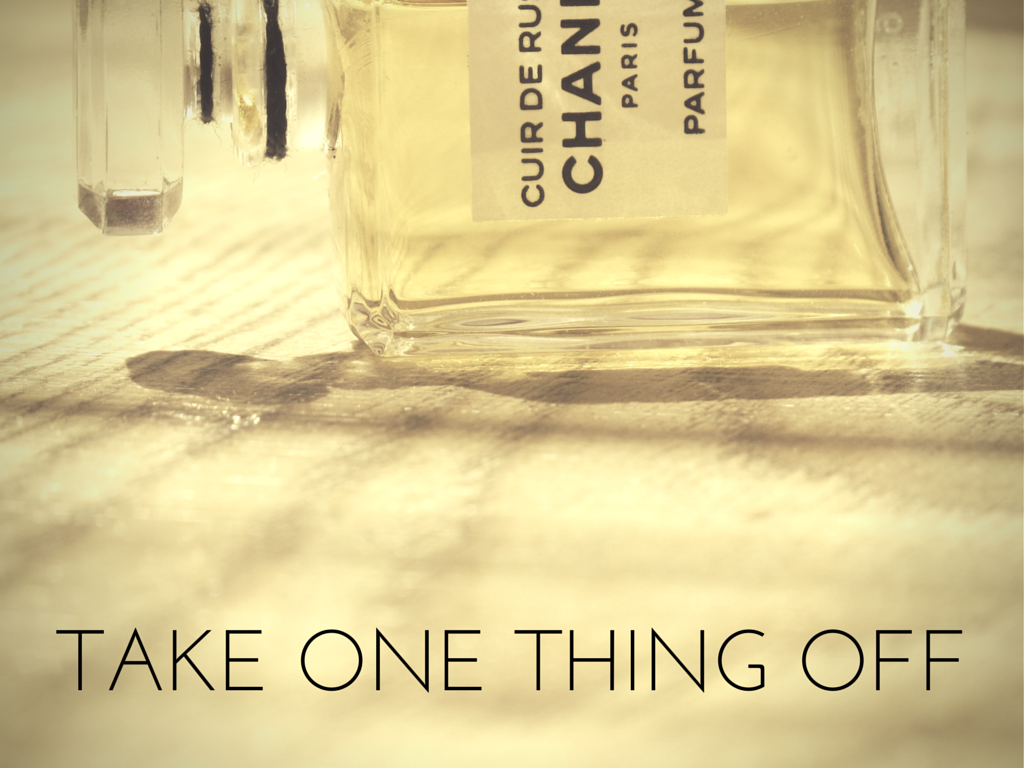The first time I tried Traversee du Bosphore, I almost laughed out loud at how bad it was. There is a lurid, cherry-flavored Jolly Rancher note up top pitched halfway between children’s cough syrup and the clear pink goo you find at the bottom of a supermarket pie. I felt cheated. I had been promised a mystical Duchaufour-ian trawl through the back streets of Istanbul and what I got was cheap sweeties that even sugar-crazed five year olds might reject if they came spewing out of a piñata.
The notes say apple and pomegranate, two ingredients heavily used in Turkish and Balkan cuisine. But I am used to my mother-in-law’s wild pomegranate syrup, which is tart and sweet and tannic all at once, and I couldn’t see the connection to the more single-cell syrup I was smelling.
The dry down, on the other hand, was more interesting to me – a fat, pink suede cushion thickly dusted with icing sugar and trembling under the weight of rose petals. But every time I tried it, I had to clench my teeth through the artificial syrup opening. The main problem was that the opening notes felt cheap to me, and jarred against the uber expensive pink suede cube waiting for me in the dry down.
Then it struck me – what am I talking about? Lokum is cheap. It’s cheap to make, cheap to consume, and it tastes a bit cheap too. That’s practically the whole point of lokum. I used to live in the Balkans, and at meetings in Bosnia, Serbia, or Montenegro, someone would invariably pull out a tin of hilariously cheap lokum and you’d find yourself mindlessly chomping through two or three cubes of vaguely rose-flavored gelatin with the coffee – always more of a texture than a taste – careless of the post-lokum sugar headache that loomed over your medulla lungata like a nuclear cloud. Good stuff! Good times.
Knowing that lokum costs pennies is part of its hokey charm, I guess. It’s like coffee, good bread, and chocolate – small things that cost very little and yet provide so much pleasure to our daily lives. And this (essential) cheapness is key to appreciating Traversee du Bosphore. Enough with the mythologizing of Eastern sweetmeats, this perfume seems to be saying – lokum is made from boiled up horses’ hooves, and let’s not all pretend that it’s something fancier than it is.
I no longer live in the Balkans, so when I feel a bit nostalgic for the cheap rosewater taste of the local lokum, Traversee du Bosphore will have to stand in. Now that I have this scent pegged – a cheap and cheerful lokum suede – I can enjoy it without worrying about the cheap notes, which are, after all, exactly as they should be.




